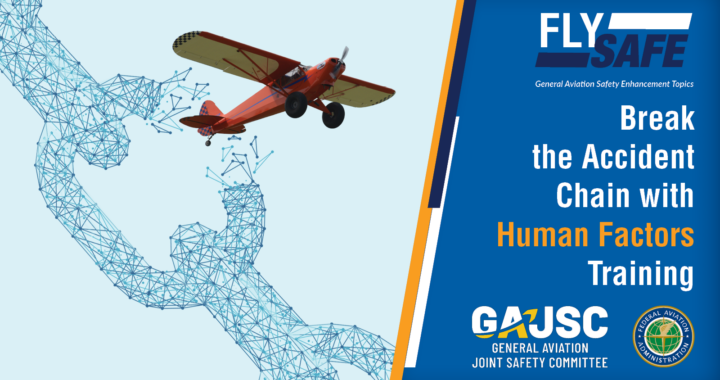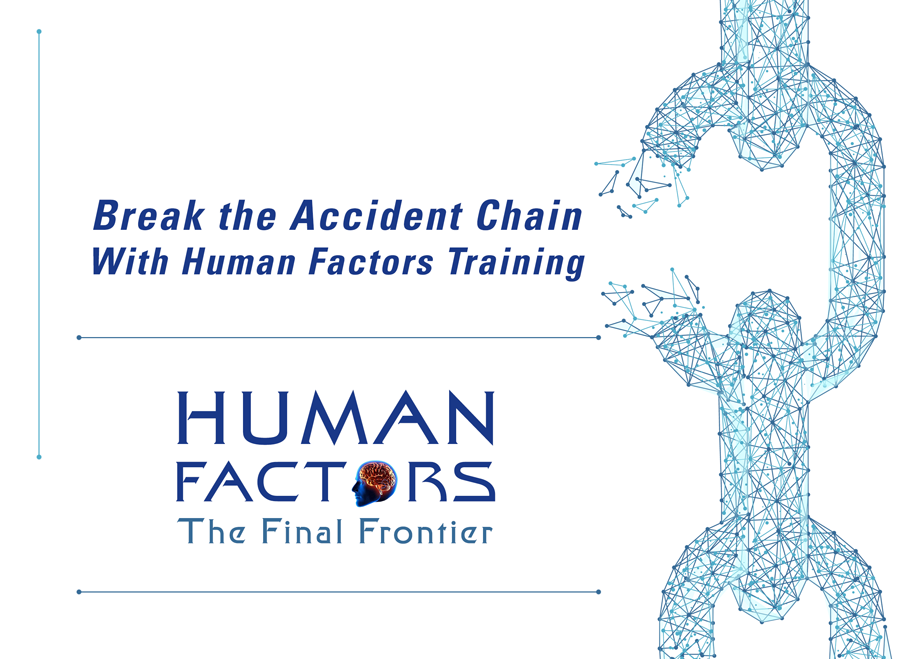The term “human factors” refers to the wide range of issues affecting how people perform tasks in their work and leisure environments. Human factors study applies knowledge of the human body and mind to better understand human capabilities and limitations. This allows us to better design tasks and technology to optimize the relationship between human operators and the environments within which they work.
Few aviation accidents result purely from technical factors. In around 70–80% of cases, deficiencies in human performance contribute directly to the outcome.
Nine new Human Factors courses based on the Australian Civil Aviation Safety Authority’s Safety Behaviors — Human Factors for Pilots are available on FAASafety.gov. The course modules focus on safety culture, human performance, communication, teamwork, situational awareness, decision-making, threat and error management, human information processing, and design and automation. The courses are eligible for credit in the WINGS Pilot Proficiency Program.


